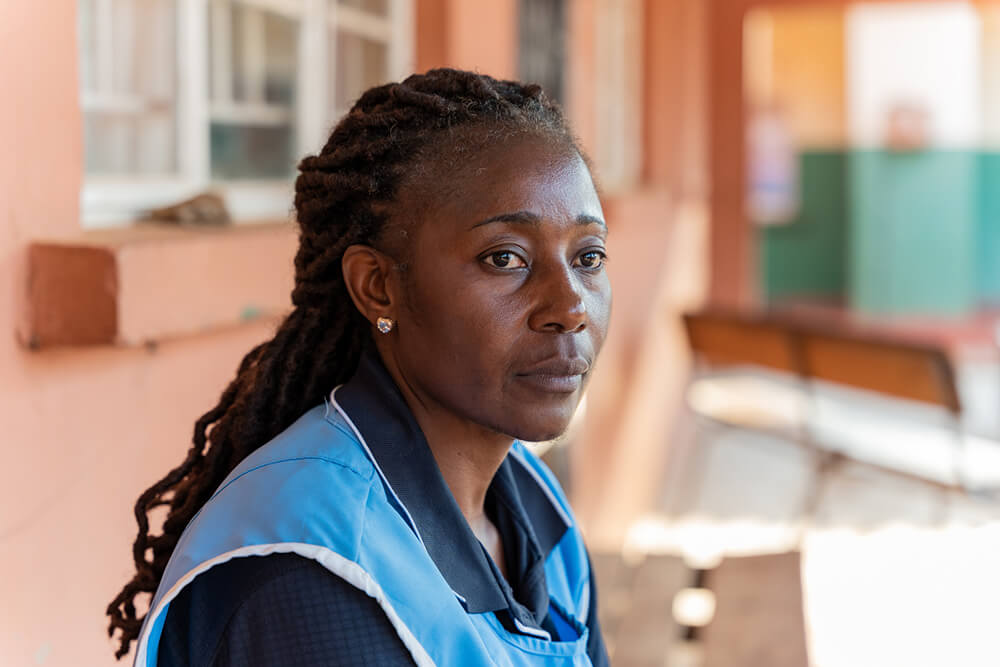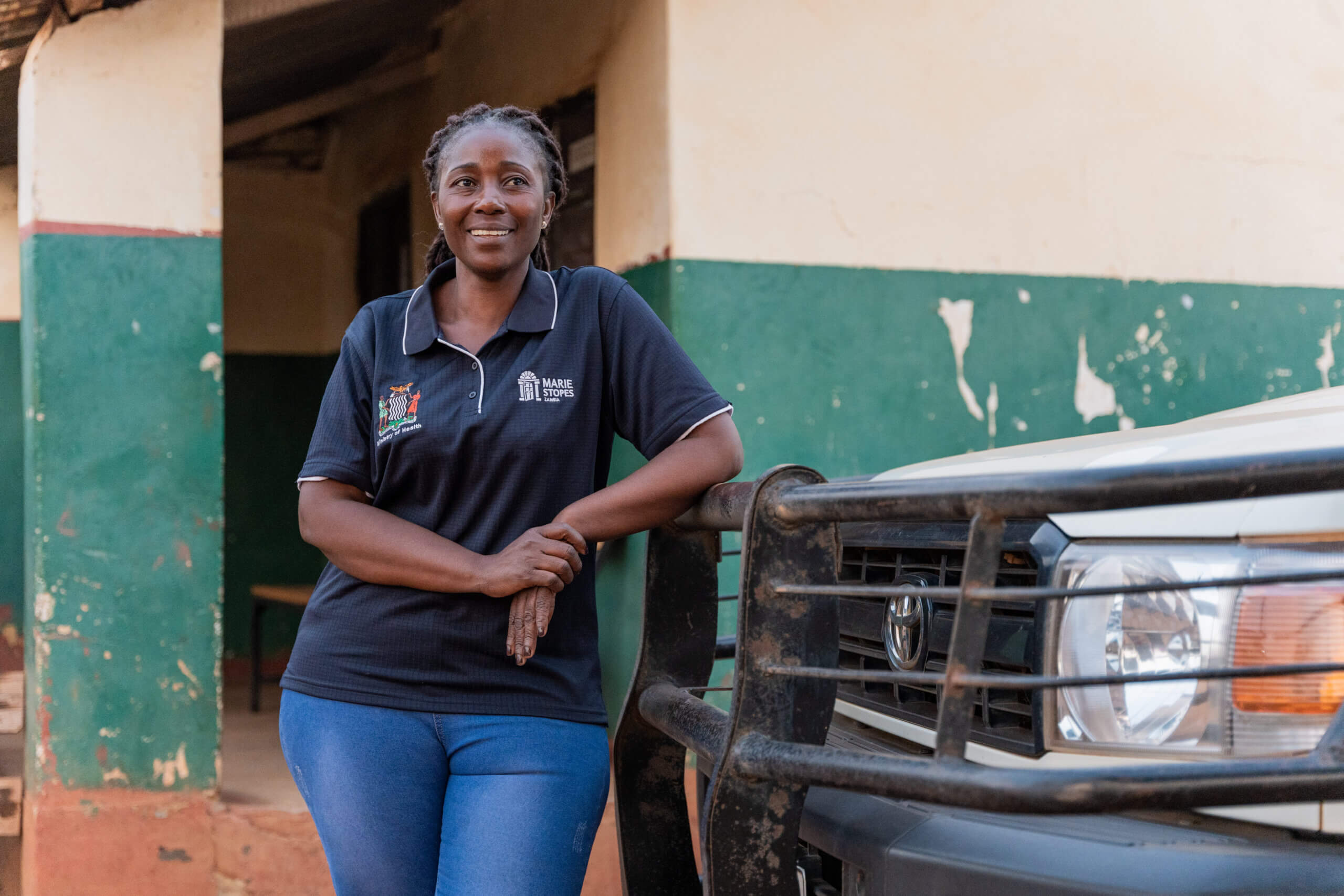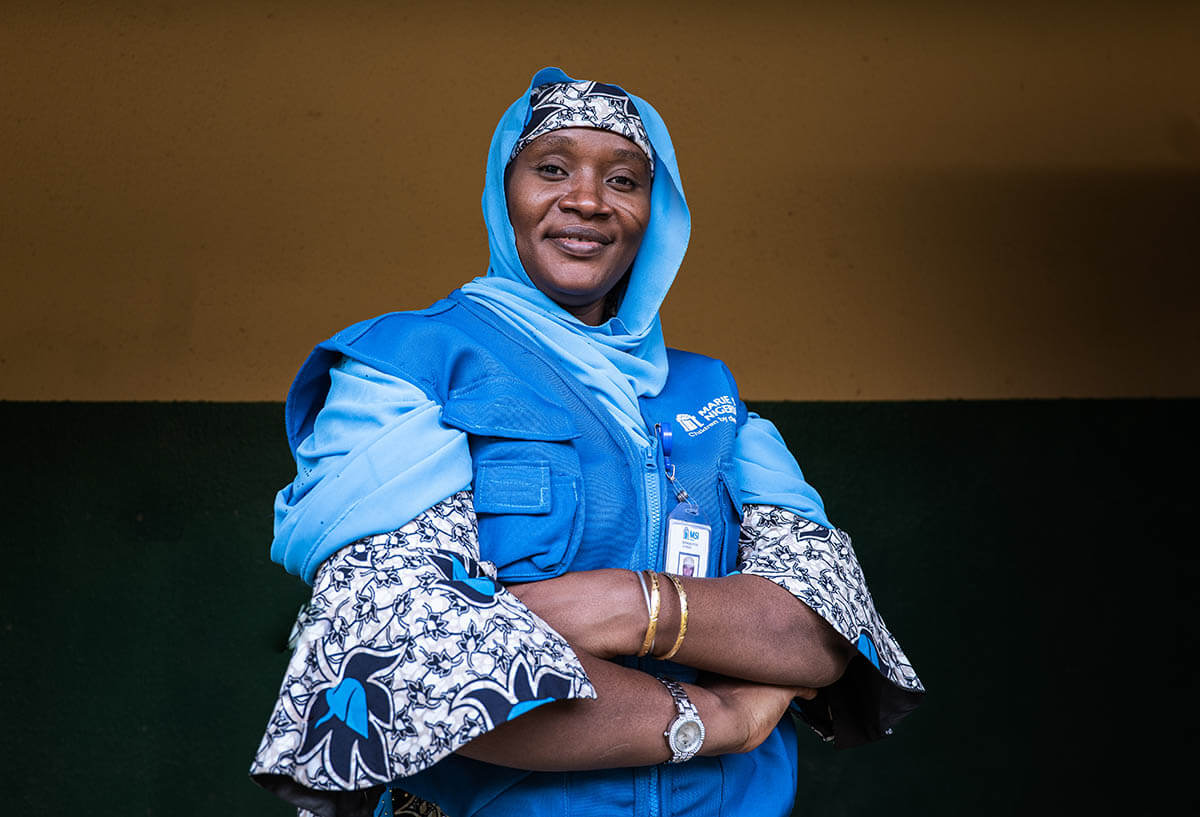Choice means she decides
Why is reproductive choice important?
MSI is one of the world’s leading providers of sexual and reproductive health. Every day, 75,000 people turn to MSI for their reproductive health needs.
These women and girls are making crucial decisions about their futures—decisions only they can make. And to pursue the futures they want for themselves, they must be able to decide if and when to have a child.
September 26 is World Contraception Day, and September 28 is International Safe Abortion Day. We’re combining these two important days into a week-long celebration of reproductive choice called Choice Week.
This week, we’re thinking about the millions of women who have come through our doors. Each of them has her own story. Reproductive choice is important because it allows women to control their own destinies and exercise their bodily autonomy.
These three stories of MSI clients show just some of the choices facing women around the world—choices they can only make when they have access to sexual and reproductive healthcare.
Hannatu, Nigeria
As a secondary school student in rural Nigeria, Hannatu is determined to finish her education.
She faces serious challenges: There are few options for contraception in her community, and teen pregnancy is tragically common in her community, forcing girls into impossible choices. A girl in Hannatu’s school became pregnant and, desperate to hide it, sought an unsafe abortion. She died as a result.
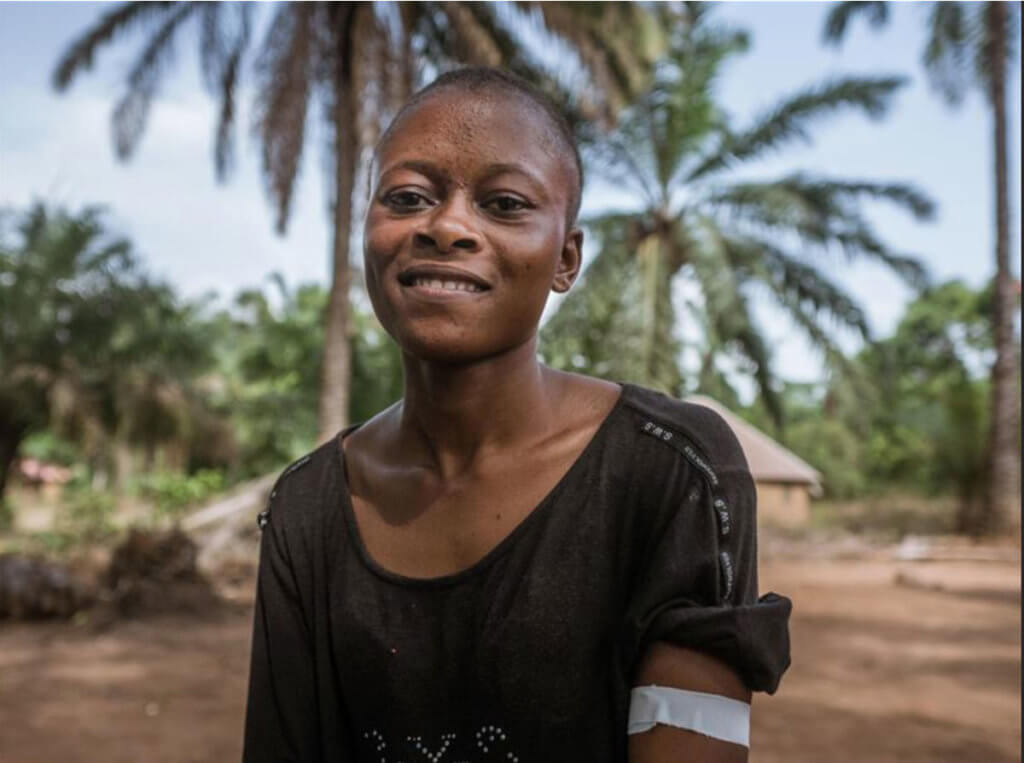
When MSI arrived in Hannatu’s village, she seized her opportunity to choose a different future for herself. MSI’s providers counseled her on her options, and she chose a contraceptive method that will protect her from pregnancy while she finishes school. “It has given me peace of mind,” she said.
Reproductive choice was important for Hannatu because it allowed her to complete her education.
Daniela, Mexico
When Daniela found out she was pregnant, she told us she was terrified.
Her partner was abusive and violent. She wanted to leave the relationship—but she knew that, if she had a child with him, she would be trapped. It wasn’t the life she wanted, for herself or for a child.
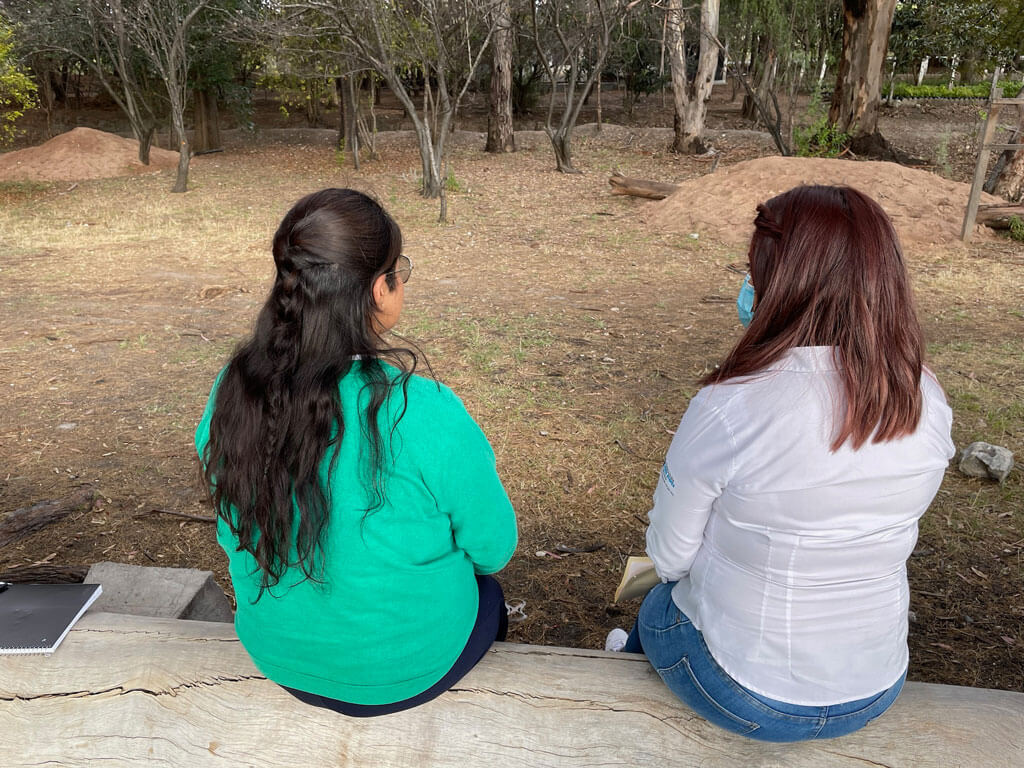
Living in a small town in Oaxaca, Mexico, Daniela felt she couldn’t tell anyone about her situation. But she was able to reach out to Yadira, an MSI Mexico team member. “I didn’t feel judged,” she said. “Yadira gave me a lot of guidance.”
With Yadira’s help, she was able to safely end her pregnancy and eventually found the strength and courage to leave her abusive relationship. Now, she’s studying to be a teacher.
Reproductive choice was important for Daniela because it allowed her to escape abuse and plan for a more secure future.
Valiasae, Madagascar
In Valiasae’s village in Madagascar, large families are celebrated and use of contraception is taboo. But drought has made it hard for Valiasae and her husband to grow enough crops to feed their four children, and they knew that if they had another child, they wouldn’t be able to make ends meet.

Valiasae and her husband decided to start using contraception. When MSI Madagascar came to their village, Valiasae received an IUD, which will protect her from pregnancy for ten years.
Reproductive choice does not just benefit women, but it also helps entire families. “Feeding four children is already very difficult for a family like ours,” she told us. “The family planning services that MSI offers are needed by many women to improve their lives.”
Reproductive choice was important for Valiasae and her husband because it allowed them to care for the children they already have in a difficult time.
Hannatu, Daniela and Valiasae all faced deeply personal decisions. For each of them, an unintended pregnancy would transform their lives forever, and for the worse. But because they had access to reproductive choice, they were able to plan for a brighter future.
That decision should always be in their hands: Not politicians’, or village elders’, or fate’s. Between now and the end of this decade, in the countries where MSI works, 954 million women will be making similar life decisions. We’re committed to being there for them, so that they can make the choice that’s best for them.



